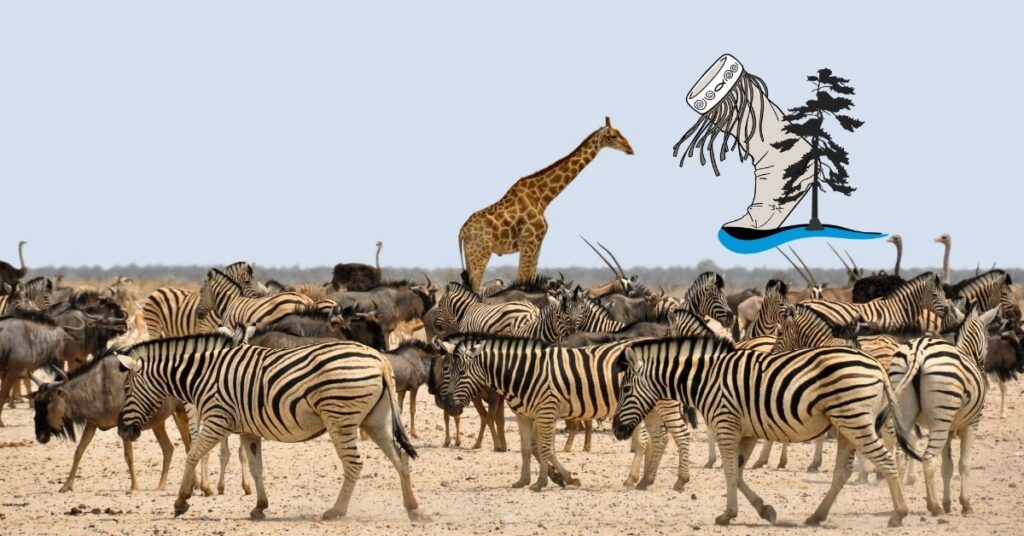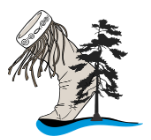
I am coming around the bend with my first set of Webinar and Workshops. The free webinar was well attended and enjoyed by the participants.
The participants were varied in age, ability, gender, and culture of origin. What they wanted was to have a chance to talk about an important topic with other people in a safe forum. This was achieved. The main information provided was that culture of peace has been part of human societies since ancient times. All the main faith groups have strong teachings on the importance of peaceful co-existence. The participants spoke to each other about what does a culture of peace mean to them? How would it help or hinder their current lives to bring in more qualities of this idea?
The following workshops focus on diving deep into personal and social qualities that divide us as human beings. The premise behind these topics is that what hurts us hurts others and vice versa. These divisions inhibit our response to certain people in need. These beliefs may stop us from sharing our resources with them. The “other” is posed as a risk to be distrusted. Who is the “other”?
In Stereotypes And Labels the goal is to find the labels we have been assigned and what impact it has had on our lives. I pose the idea of being labelled a boy or a girl for discussion. These labels have more impact than just understanding we have different genitalia. It holds with it a lifetime script that identifies our in group and divides and separates us from others. The divisions are deeper depending on our class and culture.
Session 3: What We Don’t See or Hear Can Hurt Us, explores the dilemma of social discrimination. Often discrimination is occurring and we don’t see it even if we are being disadvantaged by it. I have had the opportunity to see discrimination in many ways. It did not cause a stir, no police were involved. It was a social script that people don’t have the energy or opportunity to challenge and change. It is that incessant. What does it take for people like Rosa Park, a Black American woman ,to refuse to sit a the back of the bus as was expected? Rosa belonged to a strong organization who planned and prepared to stop discrimination one issue at a time.
How do we become a culture of peace if we can’t stop the separations that have evolved out of a divisive history and habitual practices?
Who Have We Learned to Hate? The essential question in Session 4 examines the social story that divides us further. In my signature picture for this workshop the child looking glum has the caption I Hate Mondays. Where does this popular sentiment come from? Could it come from a history of oppressive work situations, of going to school where many children’s fear of others originates, or is it a belief that we work five days of a week to live for two? Waking up to the targets of our hate may come with an underlying message that we have no choice. The goal of this workshop is to name or uncover the beliefs that divide you from others and to find the other choices we could consider. The objective is to raise one’s consciousness and increase the creative ways we can love our life every moment we have.
The final workshop builds and consolidates the knowledge, understanding, and wisdom of the other four answering How Can We Build New Connections? The ultimate remedy to racism is to understand how it presents in our lives and to make the connections we have been denied. It might be reading a book by an author of colour. It might be attending an Indigenous Pow Wow and ask to speak to an elder with three questions you have been afraid to ask. Or the hardest is to discuss a divisive belief with someone you love. The possibilities are endless. The impact will be world-changing.
If you can sign up and be part of this process of change that would be great. Nevertheless, if you send me your thoughts and opinions in the comment section I would be happy to start the conversation there.



